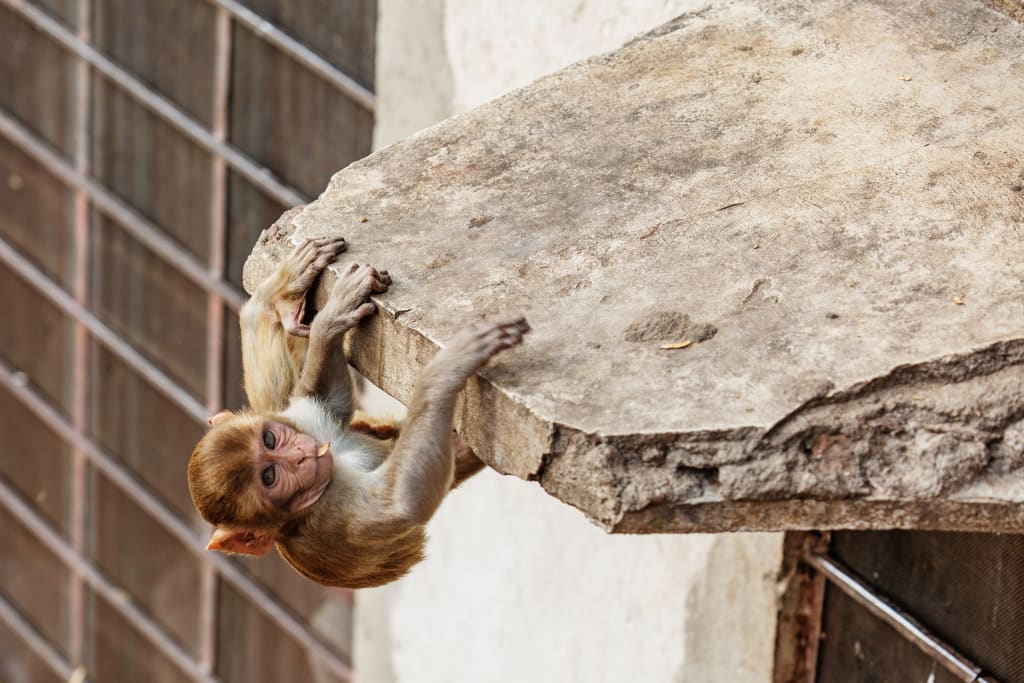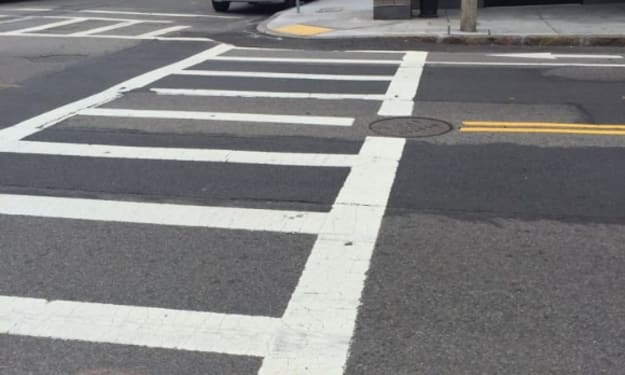The Great Sleep
What happens when the world hits the snooze button for a millennium?

In the year 2080, the world's leaders made an unprecedented decision. They decided that humanity needed a break from the fast-paced, ever-changing world they had created. They wanted to hit the pause button and take a step back from the constant chaos and turmoil that seemed to be the norm.
After much debate, they came up with a plan. Every single person on the planet would go to sleep for the next 1000 years. They would be placed in specially built underground bunkers, where they would be monitored and cared for by robots. The robots would make sure they were healthy and safe, and would watch over them as they slept.
At first, the idea seemed crazy. But as the years went on, people started to embrace the concept. They longed for a break from their stressful lives, a chance to hit the reset button and start fresh. And so, on a sunny day in August, the world went to sleep.
The last person to fall asleep was a young woman named Ava. She set the alarm clock for a thousand years in the future, said goodbye to her robot helpers, and closed her eyes. The millions of robots in the underground bunkers buzzed around, making sure everyone was comfortable and secure.
The first few days of the great sleep were uneventful. The world above ground slowly went dark, as power plants all over the world shut down. The lights of the cities went out, and the only bright spot left on the planet was Las Vegas, powered by a hydroelectric plant that could keep going unsupervised for quite some time.
But soon, the world started to change. Without people around to maintain them, the refrigerators and supermarkets and restaurants stopped working. Food and groceries started to spoil, and the bad smell attracted scavengers and pests.
A month into the great sleep, nature started to break into the large cities. Vines and ivy covered buildings, and plants turned concrete streets into gardens. The lions in the city zoos realized that their enclosures were no longer electrified and started roaming the streets in search of prey.
A year later, the world's ports were in chaos. Ropes began to tear, and huge cargo ships drifted free from their docks. Some of them collided with each other or smashed into bridges and sank. The rats who lived on the cruise ships finished off the leftover supplies and started fighting with seagulls for scraps.
Five years into the great sleep, it was impossible to recognize the cities anymore. Vines and ivy covered buildings, and other plants turned concrete streets into gardens. You couldn't hear the endless honk of car horns or the music from all the ads on Times Square anymore. All that was left was the bird song and the wind.
A decade into the great sleep, the dams and hydroelectric power plants near big cities started to collapse without humans there to maintain them. The water broke through and flooded people's homes. Water levels were rising, and new inhabitants, fish, were appearing in the cities.
Within 30 years, London and Amsterdam were lost. They were built on marshes that were kept dry by drainage systems. But now, nature had the upper hand, and the streets slowly started to sink.
Big fireworks displays lit up the sky from time to time, but there was no audience to watch them. Forest fires got out of control and sometimes reached old warehouses full of fireworks. The results were quite impressive, but there was no one there to watch them.
As time went on, the world changed more and more. The Golden Gate Bridge and the Brooklyn Bridge collapsed, and the Washington Monument gradually disappeared. Los Angeles became a real savannah, with lots of elephants walking around. Microscopic bacteria started to eat the Mona Lisa, and then insects found a way into her protective glass.
But deep underground, Ava slept on, completely unaware of the world above her. Her body was in a state of suspended animation, frozen in time. The robots continued to monitor her vital signs, making sure she was healthy and safe. They waited patiently for the alarm clock to ring, signaling the end of the great sleep.
Finally, after a thousand years had passed, the alarm clock beeped. The robots sprang into action, waking up Ava and the rest of the world's population. They were gently roused from their slumber and helped to stretch and move their muscles, which had been dormant for a millennium.
As they emerged from the bunkers, they were greeted by a world that was vastly different from the one they had left behind. The cities were gone, replaced by forests and savannahs. The animals had taken over, and the few remaining human structures were now crumbling ruins.
But despite the devastation, there was a sense of wonder and awe among the people. They marveled at the beauty of the natural world, which had been allowed to flourish without human interference. They were grateful for the opportunity to start anew, to build a new world that was more in harmony with nature.
In the years that followed, the people worked to rebuild their society. They drew on the knowledge and wisdom of their ancestors, but also looked to the future, determined to create a world that was more sustainable and just. They embraced new technologies, but also learned to live in harmony with the natural world.
It was a difficult and sometimes painful process, but ultimately it was worth it. The people of the new world were happier and more fulfilled, living in a society that valued community, cooperation, and respect for the planet.
As for Ava, she lived to be over 200 years old, witnessing firsthand the transformation of the world around her. She became a revered elder, passing on the lessons and stories of the great sleep to future generations. And though she sometimes missed the world she had left behind, she knew that the new world was a better place, one that she was proud to call home.
About the Creator
Enjoyed the story? Support the Creator.
Subscribe for free to receive all their stories in your feed. You could also pledge your support or give them a one-off tip, letting them know you appreciate their work.





Comments
Marc Anton Boehringer is not accepting comments at the moment
Want to show your support? Send them a one-off tip.